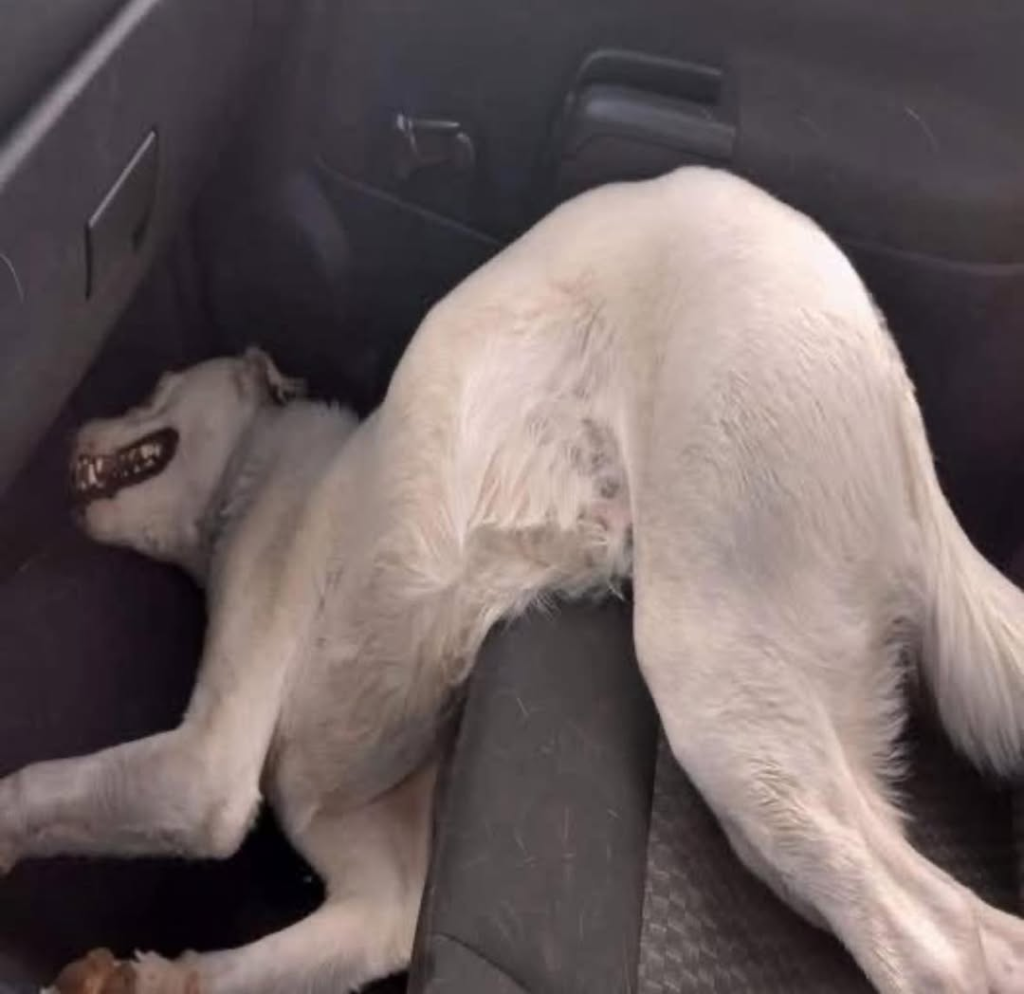We Visited a Festival — and Left With More Than Just Memories
My wife and I decided to spend the afternoon at a local community festival. It was one of those bright, lively events, full of stalls, music, families milling about, and a sense of local spirit in the air. As we wandered from booth to booth, sampling snacks and greeting neighbors, something else drew my attention: a small animal shelter had set up a display in one corner — with a larger-than-expected enclosure full of dogs.
Inside the cage were perhaps 10 to 12 dogs, all jostling and barking, some pacing, others sitting quietly. Their eyes sought attention, their tails wagged nervously, their ears perked. The shelter volunteers invited people to come closer, view them, and even take a dog for a short walk around the festival grounds.
My wife nudged me. “Let’s pick one,” she suggested. “That red one over there is cute.”
I turned to look. The red-coated dog was lively and curious, trying to sniff at passersby. We asked one of the shelter volunteers if we could take him out. They handed us a leash, and off we went.

Walking the Wrong Dog
Right away, though, things didn’t go smoothly. The red dog seemed disinterested in us. He ignored our calls, tugged on the leash when we tried to guide him, and refused to respond. He was energetic — but not in a way that felt attentive or trainable in that moment. We walked for a bit, attempted coaxing, shifting directions, calling his name — all to no avail.
Realizing this likely wasn’t going to be “our dog,” we brought him back to the shelter volunteers. I admitted quietly that I was disappointed, but also curious about the other dogs. My eyes drifted toward a big white dog, sitting calmly among the chaos. He didn’t bark. He simply sat, unperturbed by the commotion around him.
I asked, “What about the white dog?” The volunteer paused for a moment, then explained: he was nearly one year old. They told us he was deaf, and that he’d been adopted before — but whoever adopted him returned him. I’ll admit: I was taken aback by that. Returned. Because he was deaf. Because they couldn’t handle the challenge? Because they lacked empathy?
The Quiet One That Spoke to Us
We asked if we could walk the white dog. They hooked him to a leash, and we ventured out. From the moment we stepped off the festival grounds, something changed. He was calm. He walked alongside us. He didn’t tug. He didn’t bark at distractions. He simply was. He seemed peaceful, steady, grounded — as though he knew he had nothing to prove, and was happy simply to be in our company.
As we approached our truck, the volunteer mentioned there were a few items (a special harness, perhaps, or supplies adapted for deaf dogs) back at the shelter — about ten minutes away — that would help him settle in more comfortably. I loaded him gently into the back of the truck. My wife stayed behind to fetch those items. While waiting, I watched him: he curled up, tucked in, and fell asleep right there in the position he landed. He felt secure.
In that moment, I felt a mix of awe, love, humility. How remarkable it was — a dog with a special need, quiet and steady, choosing trust in us so swiftly. That return by his previous family felt like a profound loss on their part, but a gift to us.
Afterthoughts and Heartfelt Reflection
Every once in a while, life gives you a moment that feels like fate. That festival was supposed to be casual fun — community booths, music, food. But the shelter’s presence turned it into something else: a crossroads.
I can’t pretend that adoption is simple. A deaf dog requires patience, understanding, the willingness to learn new communication methods (hand signals, visual cues, gentle touch). But the reward is enormous. The white dog — gentle, composed, resilient — taught me more in those few minutes than many dogs teach over years.
We brought him home that evening. I still lie awake sometimes, watching him breathe, thinking how lucky we are — not only did we choose him, but I believe he chose us too.
To anyone reading this: if you see an animal in need, look beyond imperfections. They might just show you a version of love you never expected — steady, quiet, and infinitely generous.